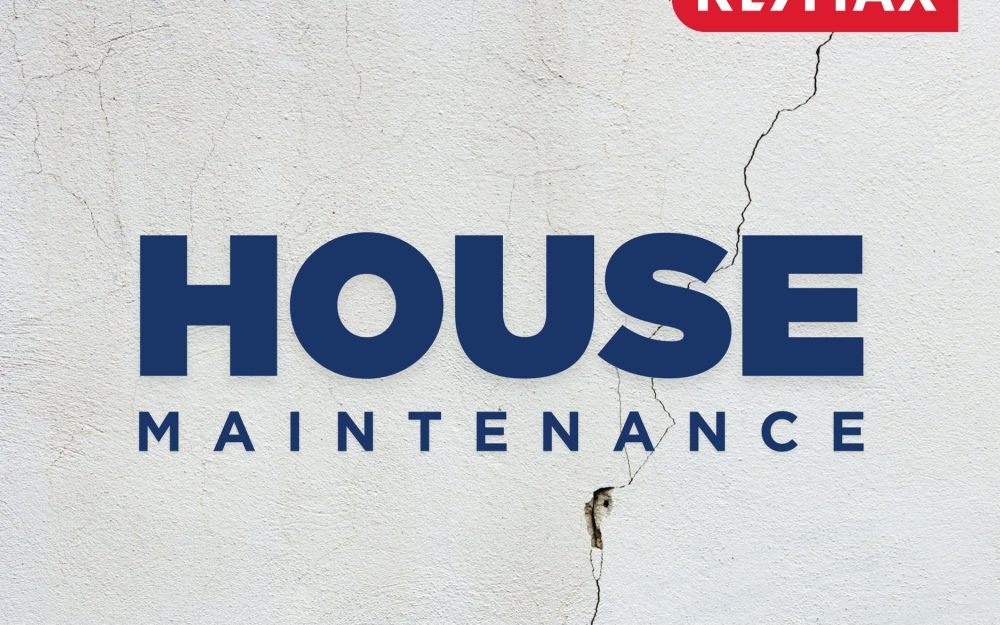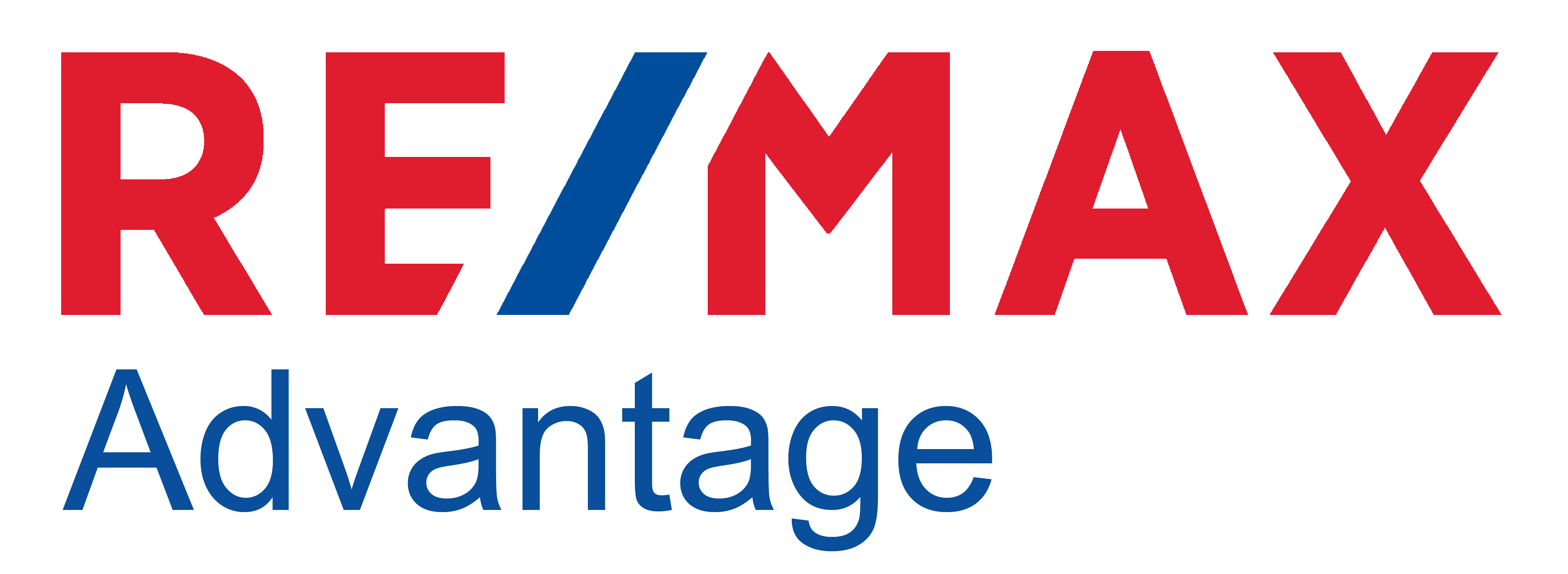
The start of a new financial year is a good time to take stock of many things in relation to your investment property, including how you manage its maintenance. You can skip step 1, because you already have a great property manager. Hopefully you can skip step 2 as well: Insurance. A landlord simply cannot afford to be without good insurance, which covers you for situations such as damage to property, loss of rent during repairs, and rent arrears. Your property manager can help you find a policy that works best for you.
3. Plan ahead. Regular maintenance will save you from running into a problem down the track, so factor in such occurrences as the shelf life of appliances; changing light bulbs, batteries for smoke detectors and air conditioning filters; pool servicing and chemicals; servicing security systems; and garden overhauls. Schedule maintenance, repairs and replacement in advance. That way, there are no surprises.
4. Emergency fund. There’s almost always an emergency in a 12-month period, be it something to do with broken windows, doors, or locks; plumbing, electricity or air- conditioning problems; the security system; or pool fencing and gates; and, as a landlord, you’re responsible to fix any urgent repairs that impact the safety of your tenants.
5. Regular inspections. Your property manager’s expertise fully assists you with this step. Experienced property managers have inspected many homes and can give you a heads up on potential troubles. Routine inspections go hand in hand with planning for maintenance.
6. Outdoors. Well maintained outdoor areas not only attract high-quality tenants, but they also keep existing tenants happy too. Some ideas include creating an easy maintenance garden, using native plants that don’t need a lot of attention and keeping the garden simple. Consider hiring someone to mow the lawn, prune and weed. Have an automated pool system.
7. Indoors. If your desire is DIY between tenants, you might like these tips:
- Use paint instead of tiles. Did you know you can paint over old tiles?
- Deep clean the carpets and floors (or engage the professional!)
- Welcome the pets but pet-proof the property.
8. Tax deduction. Maintenance is mostly tax deductible. Confirm with your tax specialist but it’s likely you can claim for expenses such as painting, plumbing (incl. maintenance and repairing leaks), repairing appliances, machinery, fences and broken windows… and that’s probably just a start.
9. More DIY If you really feel you want to do it yourself, try these (or even share the tips with your tenants):
- Add warm water and vinegar to the drainpipe if you have a clogged drain. It’s also good for microwave stains and showerhead buildup every few months.
- Put on latex gloves and clear out toilet drains every three months.
- Running a dishwasher on an empty cycle every few weeks will help it remain in good condition.
- Vent filters may last longer if you give them a good soak every six months to a year.
- When you vacuum with the air conditioning on, any particles floating in the air get picked up by the aircon filter.
Maintenance is essential to keeping investment properties in good condition and tenants happy, and it cannot be avoided. Best tip: Maintain your house regularly.
